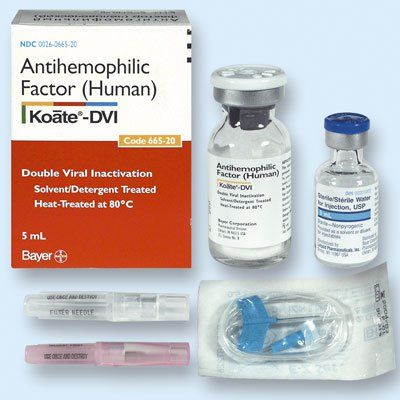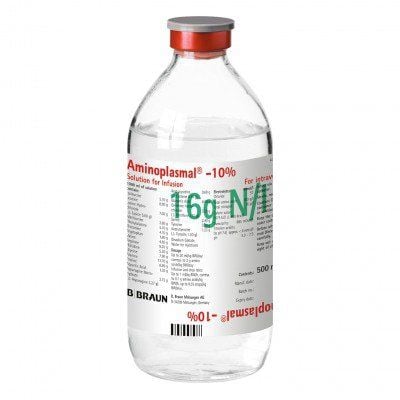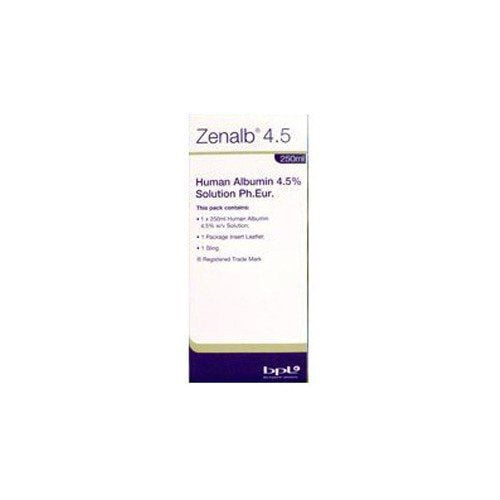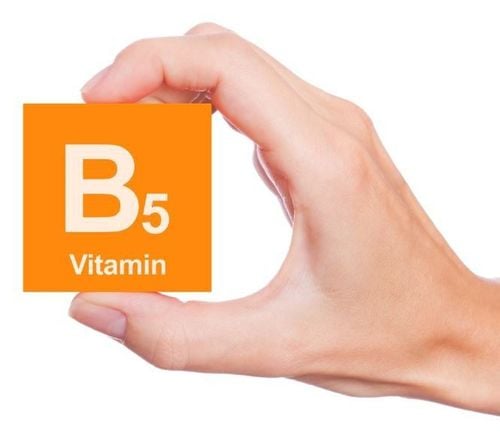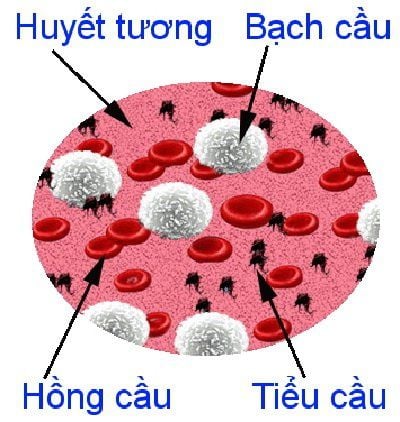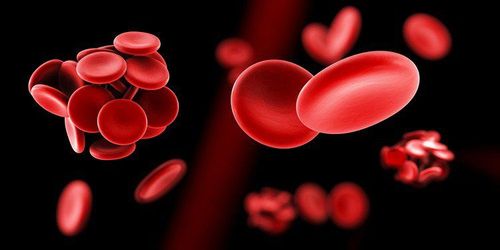This is an automatically translated article.
Protein plays an important role in the human body. Decreased protein reflects the wasting state of the body, it causes a series of serious consequences.1. The role of total protein in the body
Blood protein consists of 3 components: albumin, globulin and fibrinogen. Total protein in plasma is higher than in serum because of the extra fibrinogen.Albumin and fibrinogen are synthesized only in the liver. Globulin is produced by immune competent cells (bone marrow, spleen, lymphocytes, etc.).
Normally, plasma proteins play important roles in the body:
Participate in the structure of the body. Create colloidal pressure for the transport and exchange of water and salt. Participating in the composition of the buffer system, contributing to the pH balance of the blood. In addition, it also protects the body: Globulin is an immune factor that plays a more protective role in the body, and fibrinogen participates in the blood clotting process to help stop bleeding when scratched or injured. Transport hormones and enzymes, proteins are also responsible for transporting drugs such as antibiotics, coumarins, salicylates, sleeping pills..
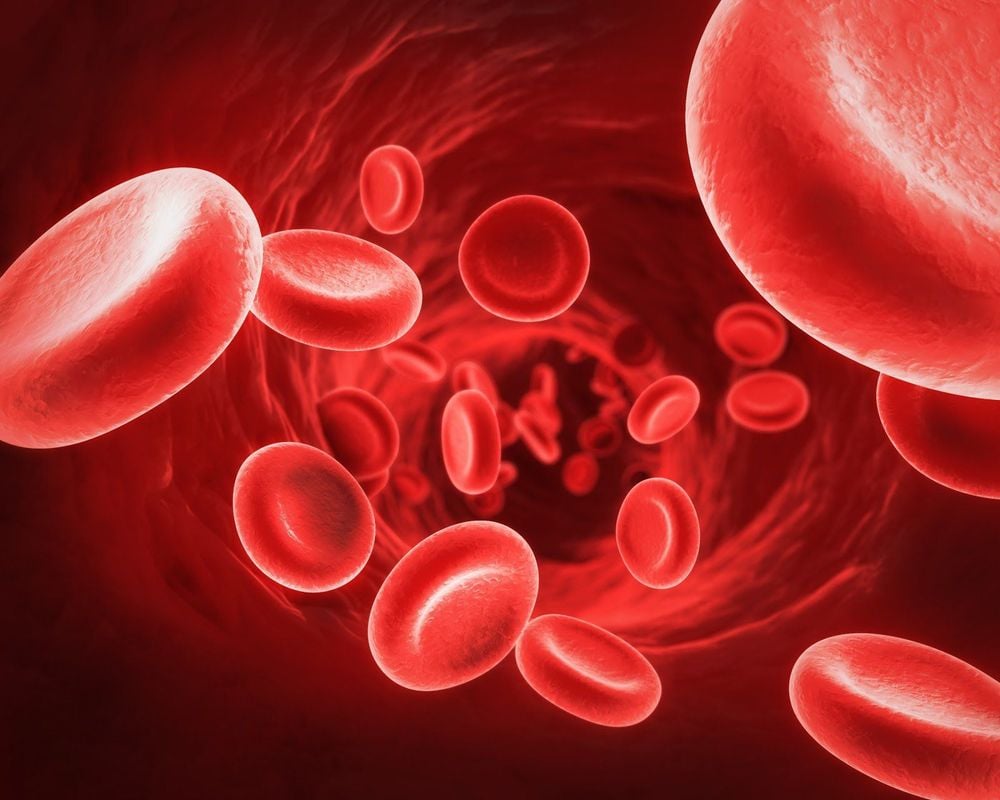
Protein trong hồng cầu máu
2. Why is blood protein reduced?
There are many causes of low blood protein:
2.1. Albumin Protein Depletion Albumin is a protein made in the liver. The amount of albumin in the body makes up about 60% of the total protein.
The main role of albumin in the blood is to maintain colloidal osmotic pressure thereby helping to keep water in the blood vessels. In addition, albumin also plays a role in transporting important components in the blood around the body, such as drugs, hormones and enzymes.
Because albumin is synthesized in the liver, it is the standard for assessing liver function. When the disease affects the liver cells, the liver cells lose the ability to synthesize albumin. The level of albumin in the blood will drop significantly.
2.2. Deficiency of immunoglobulins: Approximately 25% of plasma proteins are differentiated molecules with antibody activity. Normally, the amount of globulin is reduced in the following cases:
Postpartum period. Due to blood thinning. Due to protein loss: Nephrotic syndrome, burns, intestinal disease cause protein loss. When the patient is on immunosuppressive therapy. Patients with congenital hypogammaglobulinemia or congenital absence of gamma globulin.
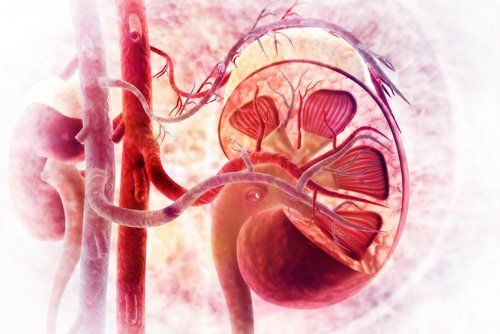
Thận hư có thể làm suy giảm globulin
2.3 Reduce fibrinogen levels Fibrinogen is a clotting factor, a protein that is essential for blood clot formation. It is produced in the liver and secreted into the bloodstream when needed along with several other clotting factors.
The amount of fibrinogen is reduced in the following cases:
Severe liver diseases. Due to thromboembolic diseases. Due to drugs that destroy fibrinogen Congenital fibrinogen deficiency or absence of fibrinogen: occurs in rare, hereditary diseases. In the above patients (which are mainly homozygous), the biological activity of fibrinogen is altered, so that the patient may present with either bleeding complications, or the formation of hematomas. mass and impaired scar formation.
3. What are the consequences of low blood protein?
Decreased protein reflects the wasting state of the body, it causes a series of serious consequences:
Decreased colloidal pressure causes edema, but it only occurs when a large amount is lost Reduced ability to combine and transport of Proteins with many substances cause disorders, some serious substances cause toxicity in the body Coagulation disorders, increased bleeding Decreased resistance due to decreased synthesis of antibodies by the liver.
Please dial HOTLINE for more information or register for an appointment HERE. Download MyVinmec app to make appointments faster and to manage your bookings easily.




